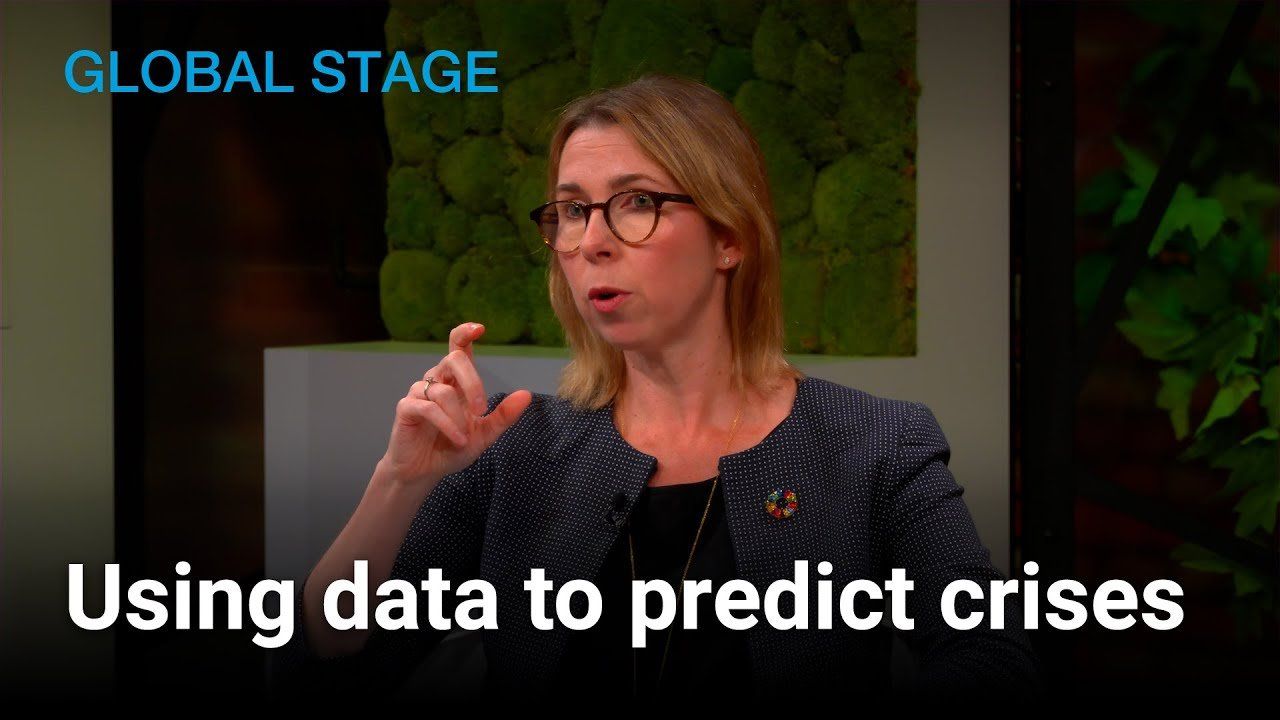Crisis Recovery
Use AI and data to predict and prevent crises - Melinda Bohannon

Use AI and data to predict and prevent crises - Melinda Bohannon | Global Stage | GZERO Media

Data-driven humanitarian efforts are revolutionizing crisis response, says Melinda Bohannon, a prominent expert in international development. She highlights the significance of using data for better targeting and foreseeing global issues, , speaking in a Global Stage livestream event at UN headquarters in New York on September 22, on the sidelines of the UN General Assembly.
Bohannon notes, "In conflict and crises, we've used AI-driven models to track media and conflict events and human rights abuses and understand where conflicts are likely to break out. So we have that element of predictability in our policy and our program responses," underscoring the power of data to predict and preempt crises, enhancing humanitarian efforts significantly.
The discussion was moderated by Nicholas Thompson of The Atlantic and was held by GZERO Media in collaboration with the United Nations, the Complex Risk Analytics Fund, and the Early Warnings for All initiative.
GZERO World heads to the World Economic Forum in Davos, where Ian Bremmer lookst at how President Trump’s second term is rattling Europe, reshaping both transatlantic relations and the global economy, with Finland’s President Alexander Stubb and the IMF’s Kristalina Georgieva.
Think you know what's going on around the world? Here's your chance to prove it.
How widely is AI actually being used, and where is adoption falling behind? Speaking at the 2026 World Economic Forum in Davos, Brad Smith, Vice Chair and President of Microsoft, outlined how AI adoption can be measured through what he calls a “diffusion index.”
U.S. President Donald Trump holds a bilateral meeting with NATO Secretary General Mark Rutte at the World Economic Forum (WEF) in Davos, Switzerland, January 21, 2026.
After saying numerous times that he would only accept a deal that puts Greenland under US control, President Donald Trump emerged from his meeting with NATO Secretary General Mark Rutte singing a different tune.